There’s a bluntness to this whole situation that I find hard to ignore. On the surface, it reads like a simple legal move: a family asks someone not to use their name until a DNA test is done. But the more you look, the more tangled it gets — and not just because of the legal bits. There are grief, gossip, public anger, and a messy mix of tradition and modern law pulling in different directions. It’s one of those stories that keeps shifting shape the more attention it gets.
What the family said — and why it matters
The Aloba family, who are related to the late singer known as Mohbad, have formally told his widow, Wunmi, that she should not use the family name, Aloba. They want a DNA test first, to confirm whether the couple’s son, Liam, is biologically Mohbad’s child. That sounds procedural, even routine, but it’s also a cultural and emotional demand. Names carry weight—identity, inheritance, status—and asking someone not to use a name is, effectively, asking them to pause part of their claim to a shared life.
Also read; A Dress, a Party, and Too Much Attention: Why Lauren Sánchez’s Outfit Got Everyone Talking
The family’s statement didn’t just stop at the ban. It also argued that the marriage was not legally or customarily completed under Yoruba rites. Specifically, they pointed to the absence of the bride-price payment. That’s an important detail in many traditional Nigerian contexts, where certain ceremonies and payments are seen as finalizing a marriage. So, in their view, Omowunmi — which is Wunmi’s full given name — never entered into a binding customary marriage with Mohbad. Again, that’s not only a formal line; it’s about who gets recognized, and who doesn’t.
Two roles, two responsibilities
What struck me about the family’s announcement is how they assigned responsibility in clear, almost bureaucratic terms. They named Oladayo Ogungbe as their sole legal representative for anything to do with the DNA case and Mohbad’s estate. That makes sense: estates and guardianship questions are messy and need a single point of contact. Then, for the criminal or investigatory side of things — the questions around how Mohbad died — they said Wahab Shittu would continue to handle dealings with investigative authorities. So they split the civil and investigative threads between two named figures. It’s practical, but also a statement of control.
Why this feels bigger than a name
You can’t separate this from the circumstances of Mohbad’s death. He died after receiving an injection given by an auxiliary nurse, a situation that already sparked public uproar. His body was exhumed for an autopsy. That alone tells you how charged this is; exhumation is rare and usually only comes after significant concern. Then, in May 2025, reports said pathologists could not determine a cause of death. That’s a frustrating dead end for many people — and in public disputes like this, frustration often turns into suspicion.
Also read: Joe Alwyn’s GQ Moment — Quiet, Confident, and a Little Bit Teasing
So, the dispute over a surname doesn’t exist in a vacuum. There’s public outcry, legal uncertainty, and the lingering question of whether Mohbad’s death was preventable or suspicious. In that light, insisting on a DNA test before allowing the family name to be used reads as a protective move. Perhaps they want to be certain, legally, before opening the door to inheritance claims or familial recognition. Or perhaps there’s worry about precedent, or the social fallout of acknowledging a relationship they feel wasn’t properly established.
Practical and emotional fallout
This kind of restriction matters in concrete ways. If a name is part of an official identity, removing or withholding it can affect documents, school records, and how a child is treated in legal and social settings. It can also be humiliating, frankly. Imagine being told, while grieving, that you can’t use the family name connected to your partner until a test says otherwise. That’s both an administrative hurdle and a very human, raw demand. I don’t mean to take sides here; I’m just pointing out what it looks like from the ground.
At the same time, the family says they will include both Wunmi and the child in estate administration if and when the DNA proves paternity. So they’re not cutting them off forever — there’s a path back in, contingent on biological confirmation. That conditional openness is telling. It suggests the family doesn’t want to shut the door entirely, but they want to keep the door controlled.
Small legal details that carry weight
There’s something to be said about the way the family phrased things: “For the avoidance of doubt, no statutory or customary marriage was contracted…” That’s a legal-sounding line but it’s also a cultural claim. If a marriage wasn’t recognized by custom, the family could argue different rights apply. If you’re following along, you can see how this will morph into a longer dispute if DNA proves or disproves paternity. If paternity is established, civil rights and estate access become pretty clear; if not, the family’s position is strengthened.
Also read: Super Eagles Halt Training Over Long-Running Pay Row — Tensions Rise Before World Cup Playoff
Ambiguity, and why this won’t end quickly
And then there’s the bigger question: what does justice look like here? For many observers, the unresolved cause of death keeps the whole story alive, simmering. For others, the family’s insistence on verification looks like a necessary safeguard. For Wunmi, this is a deeply personal fight that is now public, messy, and slow. I suspect there will be more statements, court filings, and, honestly, more social speculation before the dust settles. Some parts will be reasoned and careful; other parts will be raw and contradictory.
Final thoughts
This is one of those moments where law, culture, and grief collide. A surname seems small until you realize how much it stands for: belonging, legal standing, and dignity. There’s no neat wrap-up yet — just a family setting conditions, a widow caught in a public process, and a child whose status hinges on a test. It’s a reminder that rules and rituals still matter a lot, but they don’t always work the way we hope when people are hurting.


![When Two Pregnancies Collided: My Story — Omo Local’s Truth 2 How me and my best friend got pregnant for my husband – Actress Omo Local [VIDEO]](https://wowplus.net/wp-content/uploads/2026/03/how-me-and-my-best-friend-got-pregnant-for-my-husband-actress-omo-local-video-680x1020.jpg)
![Why Older Partners Sometimes Make Life Easier 3 Older men allow you get away with a lot of things – Joke Silva [VIDEO]](https://wowplus.net/wp-content/uploads/2026/03/older-men-allow-you-get-away-with-a-lot-of-things-joke-silva-video-680x384.jpg)
![Seyi Law Backtracks on “Safer” Nigeria Comment 4 Seyi Law makes U-turn, apologizes for saying Nigeria is safer than 10 years ago [Video]](https://wowplus.net/wp-content/uploads/2026/02/seyi-law-makes-u-turn-apologizes-for-saying-nigeria-is-safer-than-10-years-ago-video-680x680.jpg)
![“I’m Scared — VeryDarkMan Says Seyi Tinubu Threatened Him” 5 Seyi Tinubu is threatening my life – VeryDarkMan cries out [VIDEO]](https://wowplus.net/wp-content/uploads/2026/02/seyi-tinubu-is-threatening-my-life-verydarkman-cries-out-video-680x408.jpg)


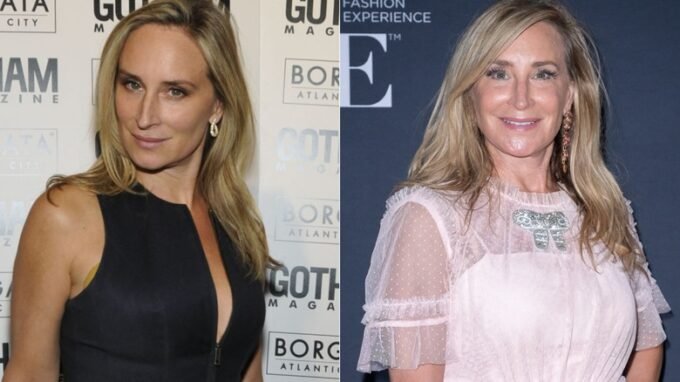
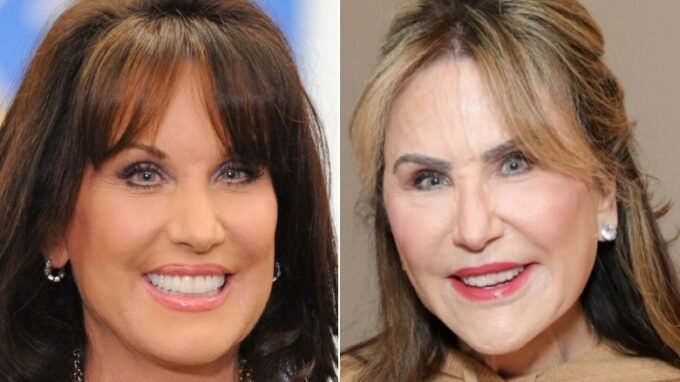
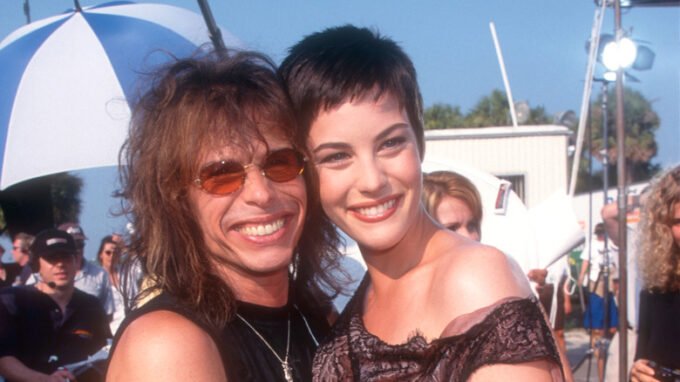








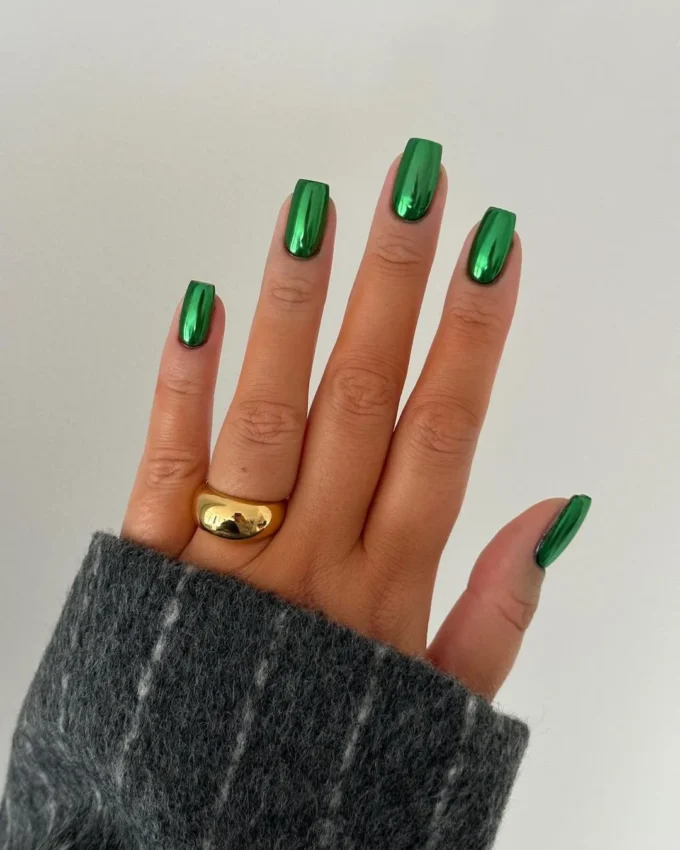



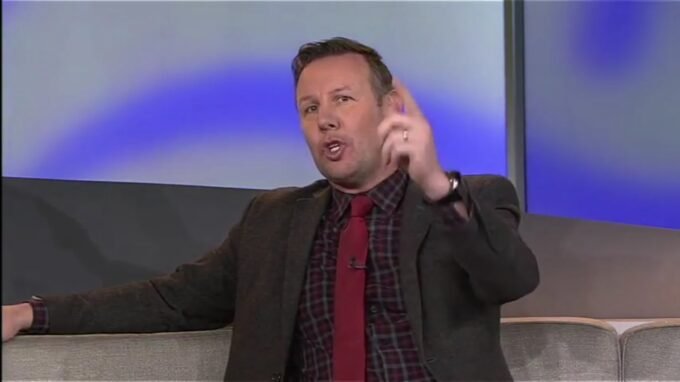

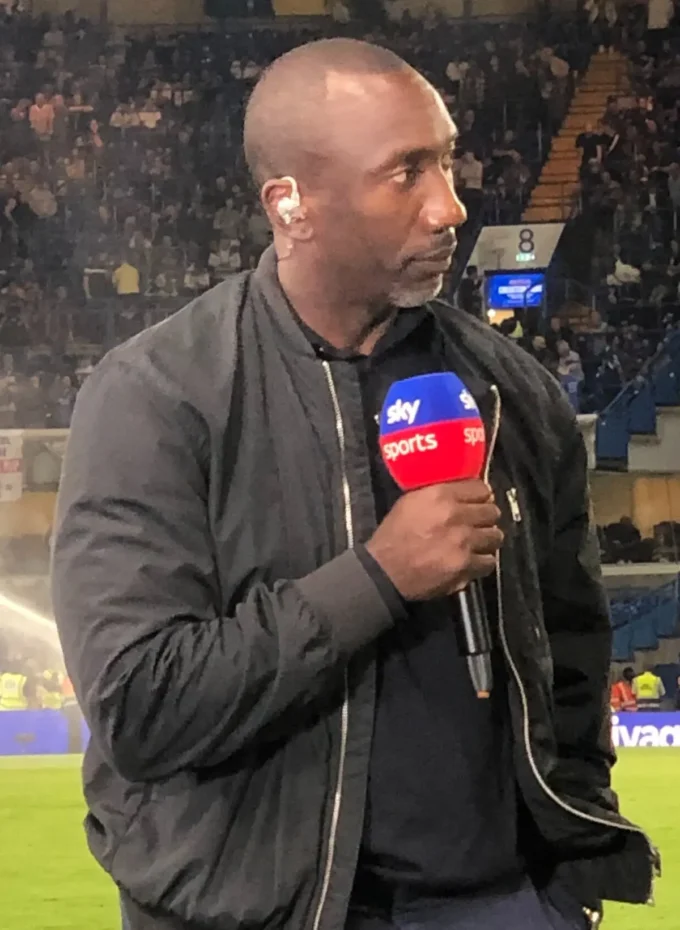


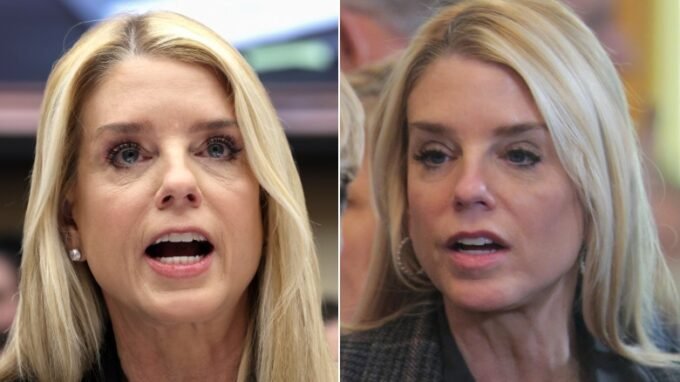
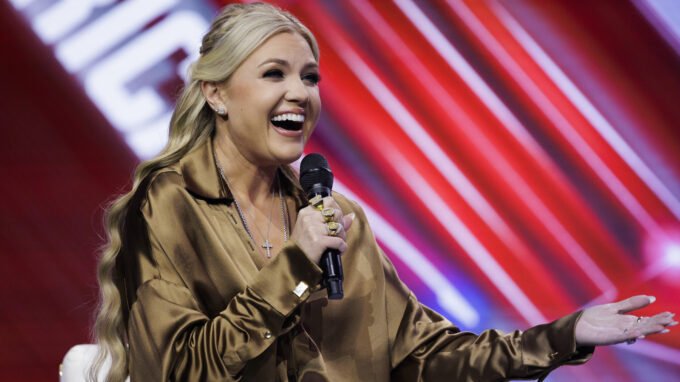
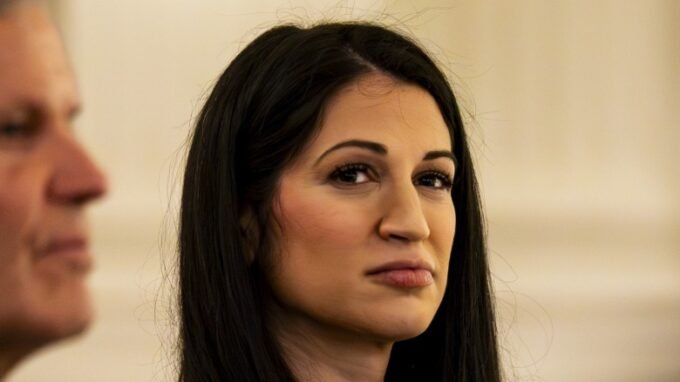

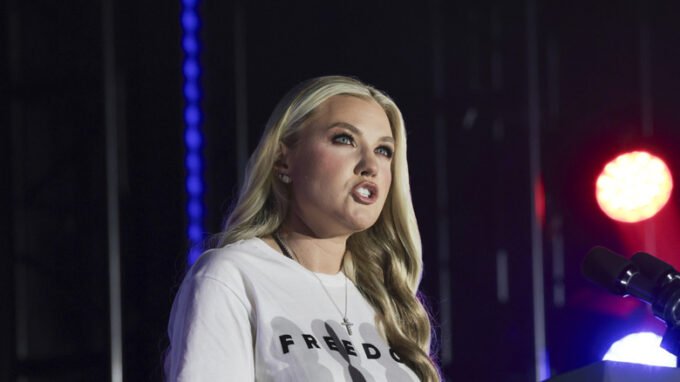








Leave a comment